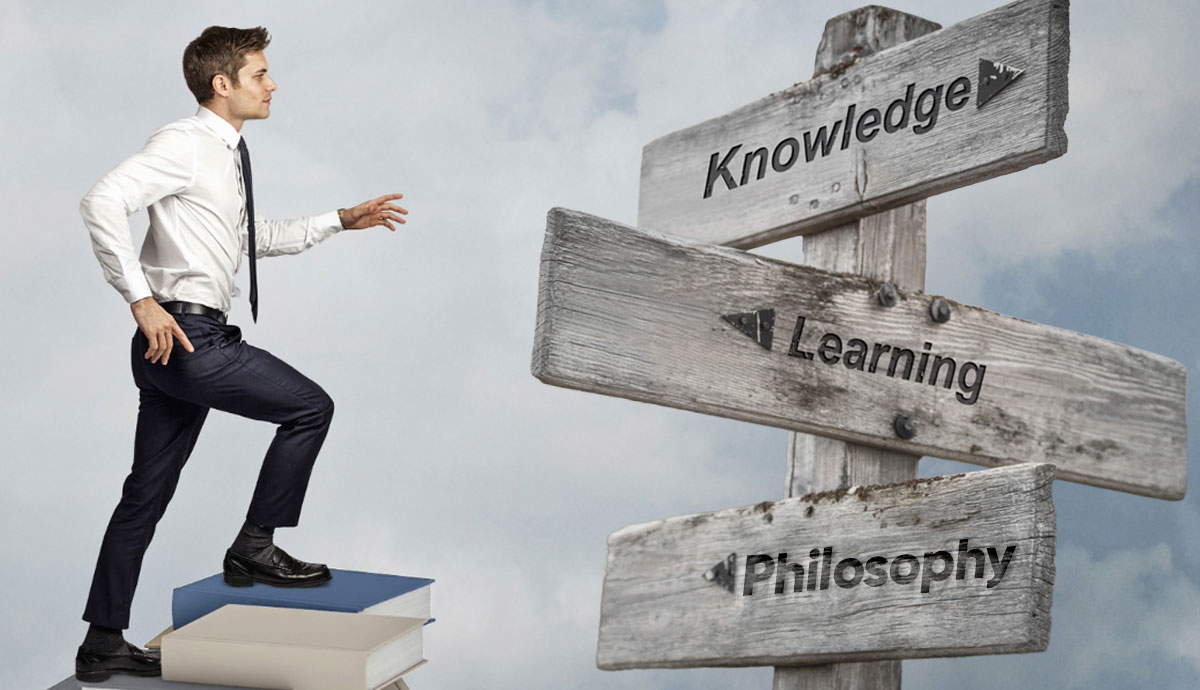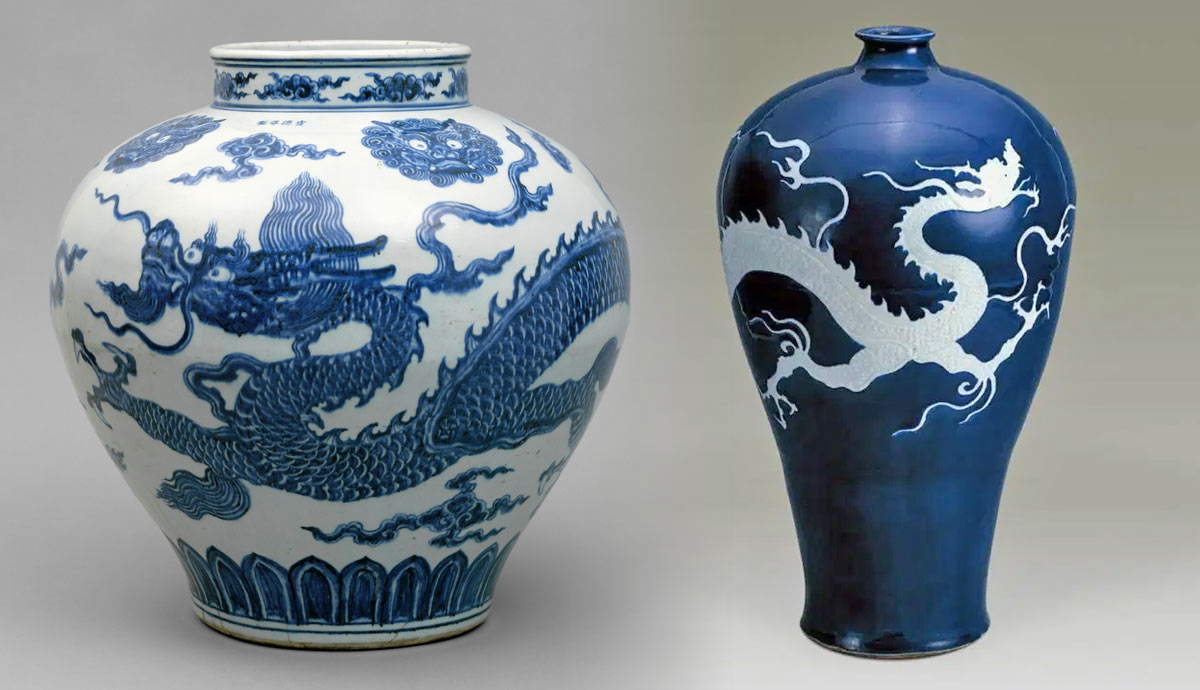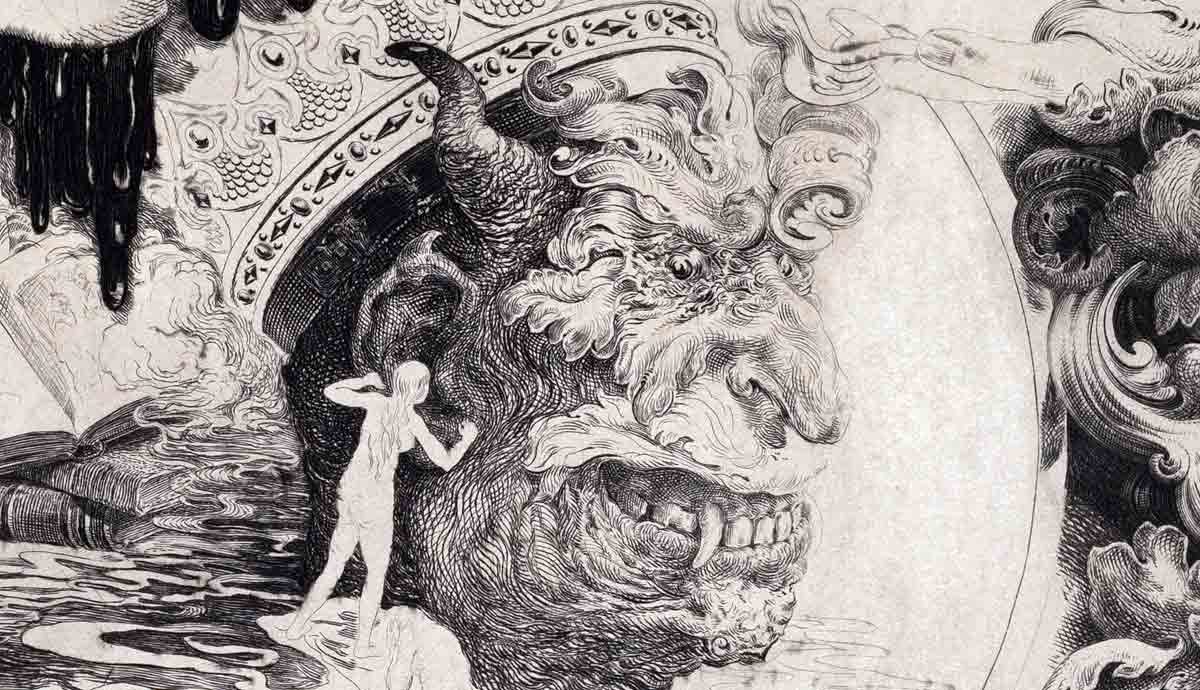
We certainly all encounter moments of great dissatisfaction and frustration at what we deem to be the limitations of our lives. A sense of entrapment often accompanies these moments, prompting us to water our yearning for an indefinable ‘beyond’, to find the door out of the conditioned confinements of what we have always known life to be, and seek an answer to whether this is all there is to life. We certainly are primed to consider what transcends the material world, if anything at all. Of course, we cannot travel anywhere without knowing where we initially stand, which is why this article starts by exploring the nature of the material world in our experience. Further, we delve into what it could mean to approach the question of ‘beyondness’ from a practical perspective.
Experience Is Consciousness

Everything happens within our consciousness. Perhaps you may find this statement odd, or maybe you may find that it states the obvious. Far from suggesting solipsism, the statement simply points to the impossibility of having any experience outside of our consciousness, be it an experience of the material world or one that transcends it. The latest discoveries in quantum physics proved that matter is far from how we ordinarily perceive it. Is what we consider to be the ‘material world’ then really what we think it is? Philosophers from a plethora of different schools have argued that it is not.
Immanuel Kant, for example, argued that what we perceive as the world is fundamentally shaped by inherent a-priori cognitive structures that determine our experience. The world as we know it, in Kantian philosophy, is called the phenomena, which is to be distinguished from the noumena – the unknowable world that is beyond our perceptual interference.
The Material World

If we are to understand the material world, we cannot undermine the role that our consciousness plays in shaping it. For this task, Edmund Husserl is an excellent reference. According to Husserl, consciousness has an interpretive nature. We do not perceive things passively, but actively. Consciousness is always directed towards an object. It is an intentional act towards something, be it a tree, a thought, or even an image in our imagination.
We are always conscious of something. The act of directing our awareness towards an object constitutes the object as it manifests in our consciousness. Husserl distinguishes between the actual object (the transcendental object), say a tree, and the object as it manifests in our consciousness (the immanent object). He calls the former transcendent because it’s impossible to experience the actual object as it is, but only in the way it appears, or emanates, within our consciousness. What appears in consciousness is not a thing, but rather a meaning or a ‘sense’ of the object, which Husserl calls the noema.
Between Forms and Meanings

We experience the fusion of forms and meanings. While sense data may allow us to infer forms, we endow them with meanings that are inherent to our consciousness. We can understand this via the analogy of linguistic symbols and their meanings. When we read a text, the meaning of a word is not derived from the shape of the glyphs but from our literacy. The form has no meaning on its own, rather, we constitute forms with meanings. The objects of consciousness manifest as forms conditioned by our senses and meanings conditioned by our understanding. Phenomenology effectively blurs the boundaries of subject-object duality that we take for granted.
If all our experiences of the material world are constituted in consciousness then our question should no longer be concerned with journeying beyond the material itself but rather with traveling beyond the states of consciousness that ordinarily constitute it.
Different States of Consciousness

We know from everyday experience that we have different states of consciousness. For instance, we know that we experience a certain conscious state awake and a different one when we are dreaming. Prominent scientist Stephan Laberge contended that “the essential criterion for consciousness is reportability, and the fact that we can sometimes remember our dreams shows them to be conscious rather than unconscious mental processes” (Laberge, 1985). Alternatively, different drugs, episodes of psychosis, and spiritual experiences can allow us to access a plethora of varying states of consciousness, through which our experience of the world dramatically changes beyond the ordinary.
While these are only illustrative examples, understanding diverse states of our consciousness doesn’t have to be as dramatic. We are always in a certain state of consciousness. Right now, you are reading these words while being in a certain conscious state.
Habitual States of Consciousness

Typically, we inhabit a group of closely related states in our daily lives, although we may not easily recognize our transition from one state to another. These are our habitual states of consciousness that constitute our ordinary experience of the world. We are generally ‘fixed’ in these states unless we have an experience whose intensity pushes us to unhabitual states of consciousness where we usually don’t know how to operate. While they serve as a place of familiar safety, they can also be imprisoning when we don’t venture beyond them. Our fixed states effectively constitute our ordinary experience of the world, endowing it with meanings accumulated from a lifetime of social conditioning.

The matter is completely different in other states, such as the dream state. The meanings that constitute the objects of our consciousness drastically differ in dreams, where we may see the form of a tree as a mother or a menacing presence. Such is also the case in non-hallucinogenic drugs and psychosis: the forms that emanate in consciousness remain the same, but the meanings differ from the ones we have in our fixed states of consciousness. This is different, however, with so-called ‘spiritual’ experiences, where one learns to operate within foreign states of consciousness, far removed from one’s habitual states.
The majority of mystical traditions involve various praxis that prepares adepts to navigate different states of consciousness at will, and to become ‘literate’, to follow our previous analogy, of the different meanings that constitute the objects of our consciousness within each state.
The Island

Our fixed states of consciousness are what Idries Shah symbolized by ‘the island’ in the first chapter of The Sufis. As the story goes, the ‘islanders’ are led to believe that there is nothing that lies beyond the borders of the island and they forego the means whereby they can explore the vastness of the Earth. Our consciousness is vaster than our habitual states, as evident in our ability to forego them in what we call ‘alternate’ states of consciousness. What lies beyond our ordinary experience of life is our ability to travel across the infinite variety of the states of our consciousness, experiencing life in a new color each time – what the Sufis call ‘journeying in our homeland’ (safar fi alwatan). What lies beyond the material is in the depths and vastness of ourselves, always accessible for our discovery and wanderlust.










